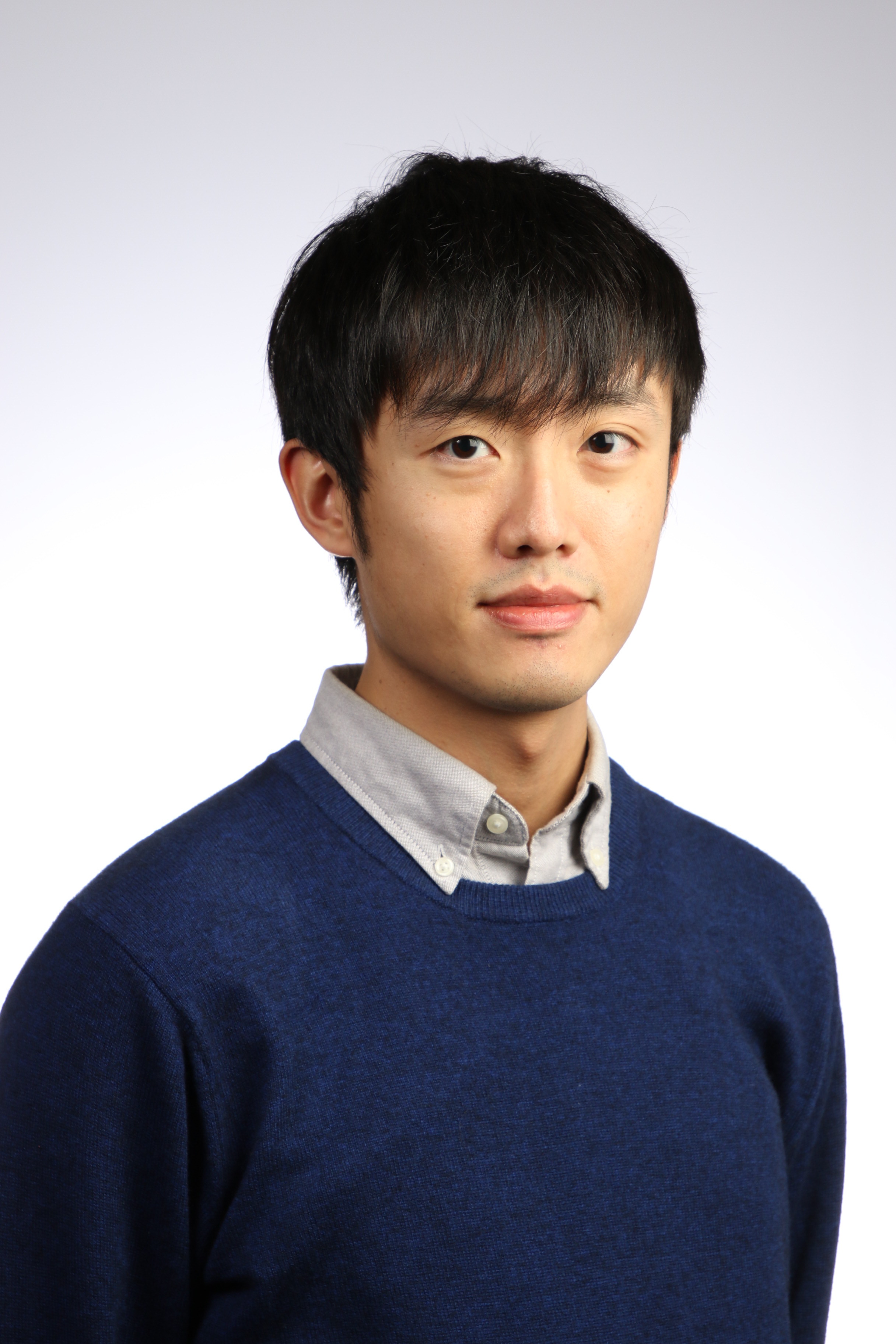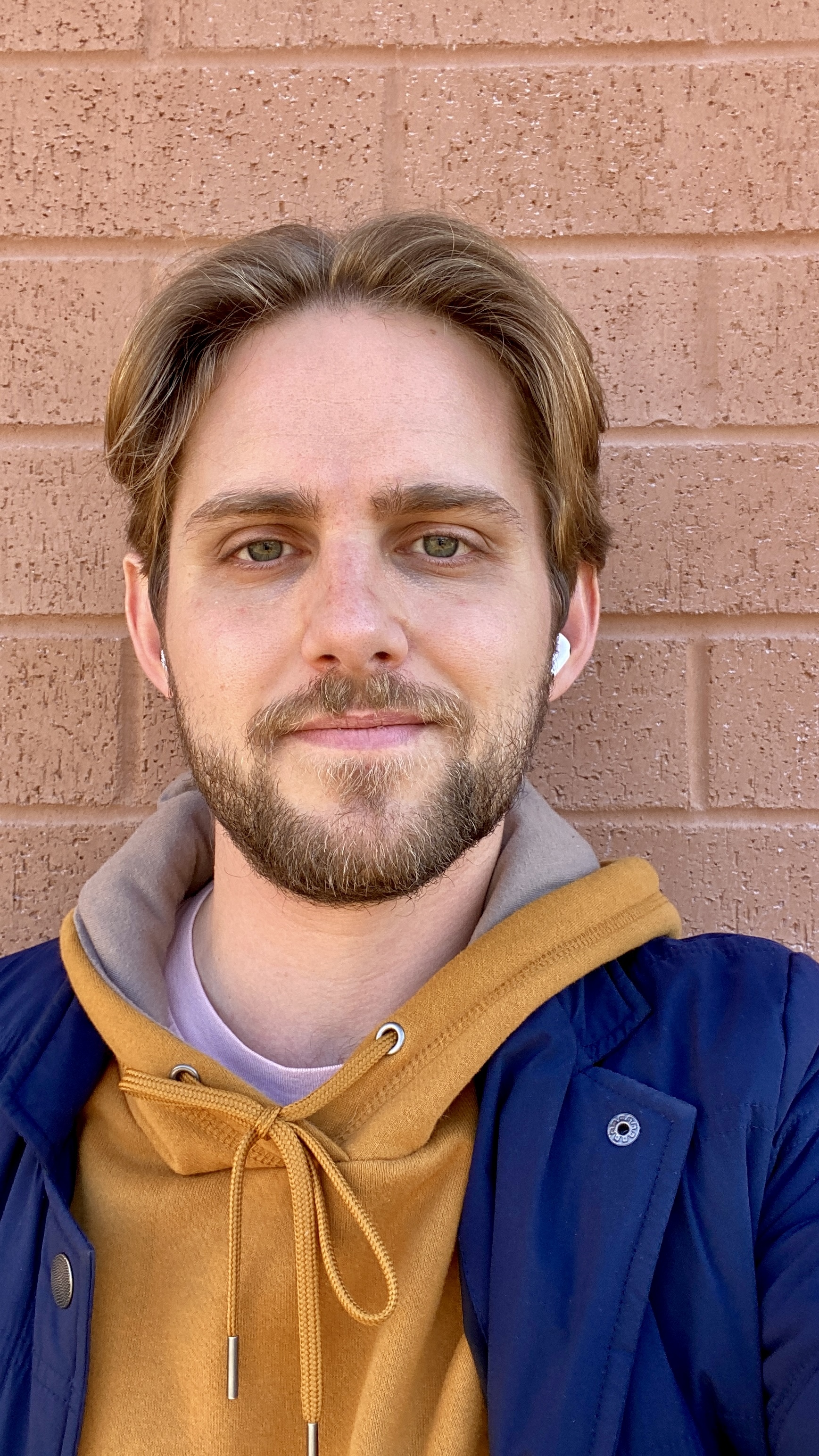Team
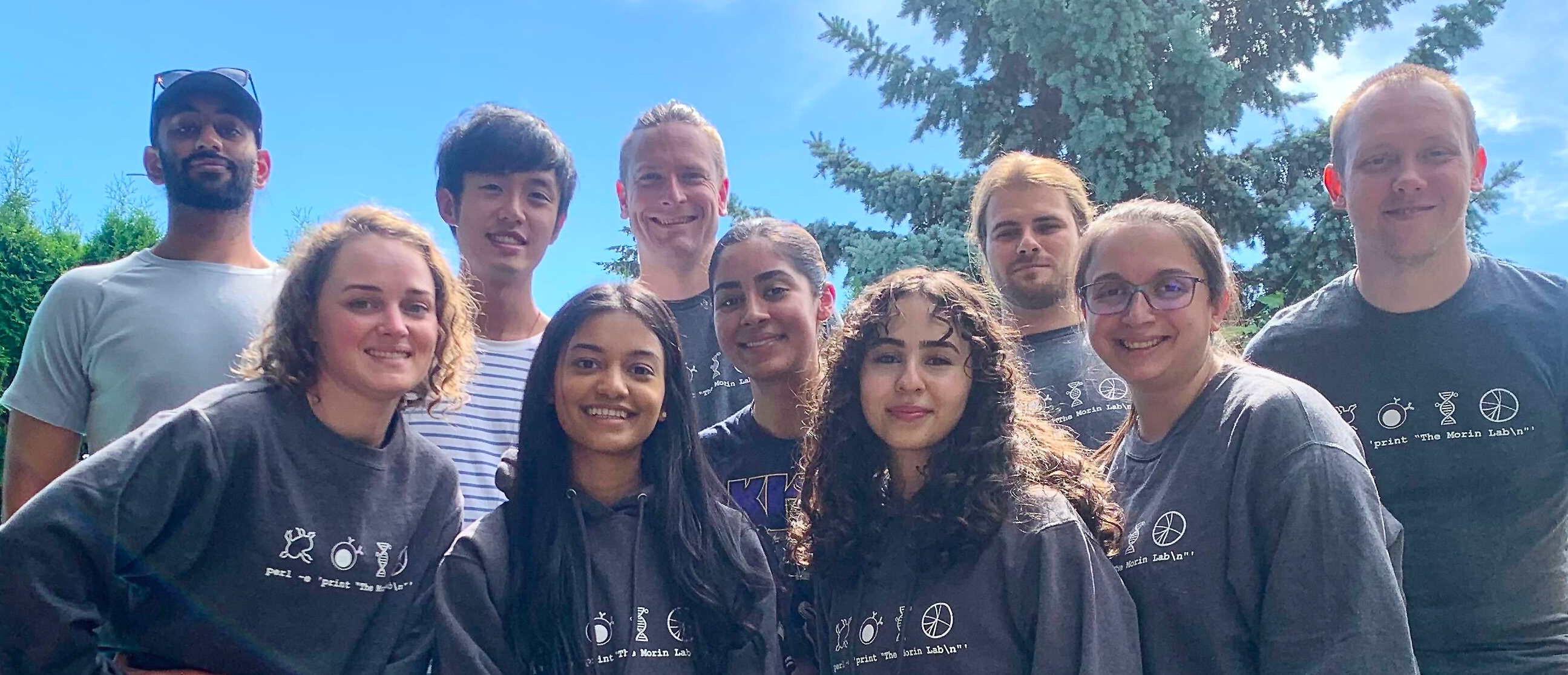
-
Dr. Ryan D. Morin, Professor
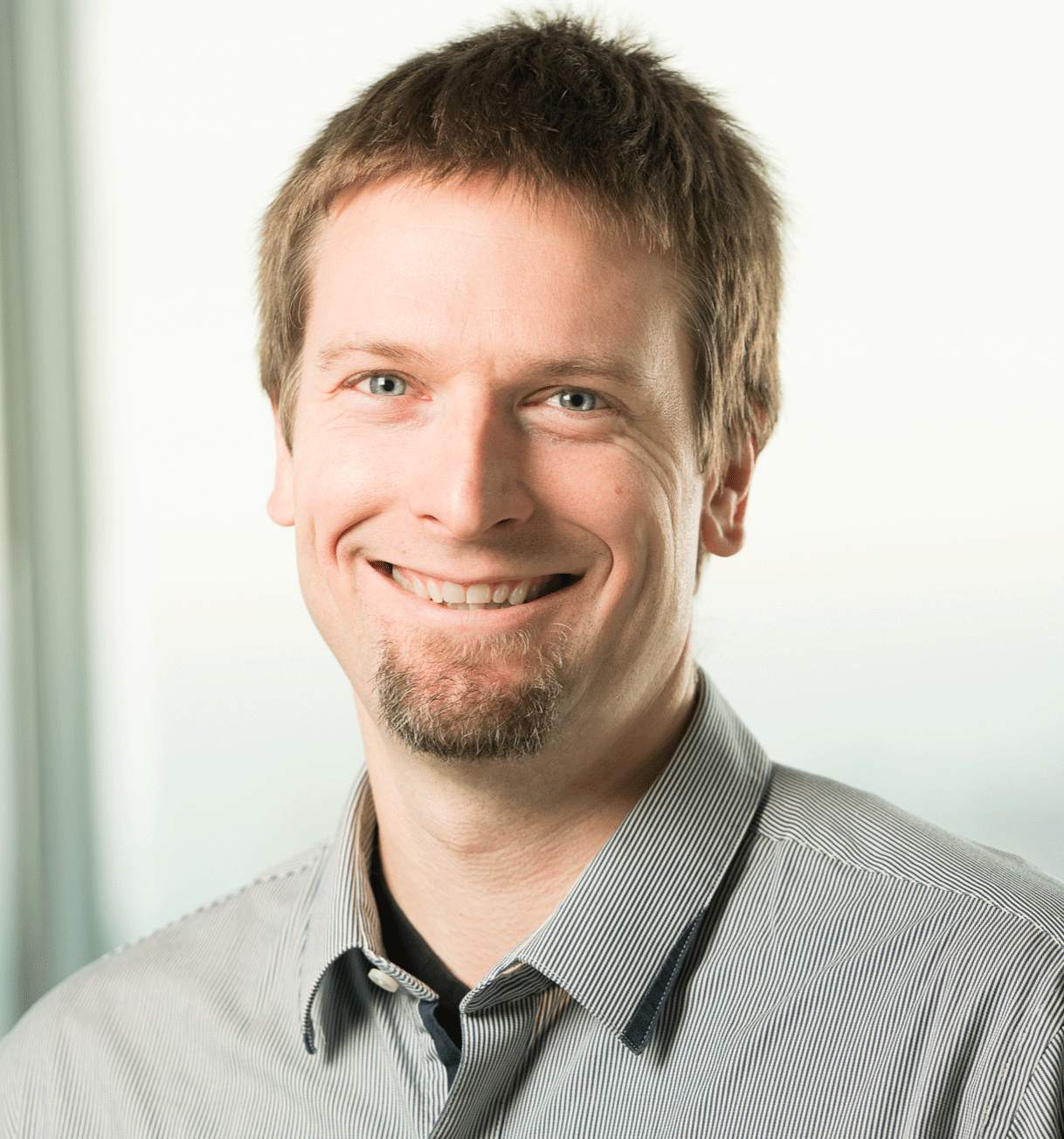
I am in the department of Molecular Biology and Biochemistry at Simon Fraser University and hold a Scientist appointment in the BC Cancer Genome Sciences Centre. I completed my MSc and PhD in bioinformatics at UBC in the laboratory of Marco Marra. My early research involved the use of massively parallel sequencing to identify driver mutations in leukemias and lymphomas including histone modifiers such as EZH2 and KMT2D. My current research focus involves using genome and transcriptome sequencing to discover novel drivers in B-cell lymphomas and to determine mechanisms that underlie tumour progression and treatment resistance. I have a general interest in developing methods to identify non-coding mutations with regulatory potential from genome-wide data sets and error-corrected sequencing strategies and algorithms to identify mutations and copy number from circulating tumour DNA (ctDNA). Dr. Morin is a Scholar of the Michael Smith Foundation for Health Research.





-
Dr. Laura Hilton, Staff Scientist, BC Cancer Centre for Lymphoid Cancer
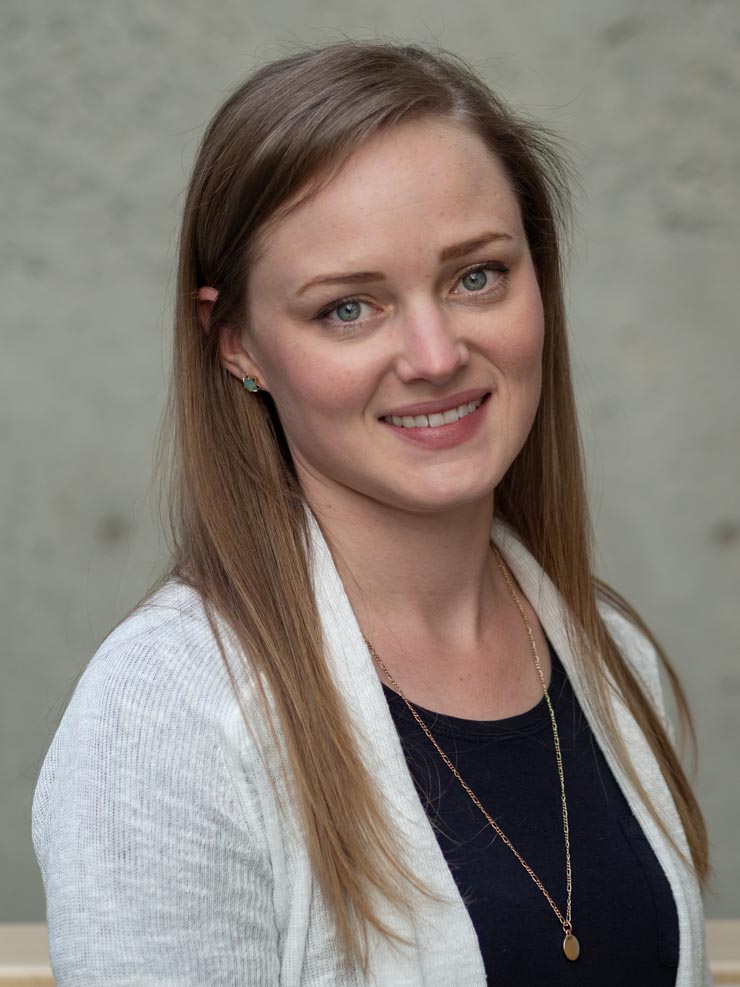
B-cell non-Hodgkin lymphomas have a high frequency of driver structural variants, especially those that involve placing the oncogenes MYC, BCL2, BCL6, and CCND1 under the control of potent immunoglobulin enhancers. My project utilizes whole genome and targeted sequencing to characterize these driver SVs across B-NHLs with a goal of understanding the mechanisms by which they arise. I'm also interested in using gene expression and mutation data to facilitate the classification of rare and/or poorly characterized lymphomas, to identify progonostic and predictive biomarkers and targetable vulnerabilities that can be exploited in the development of novel therapies.


-
Dr. Krysta Coyle, Postdoctoral Fellow
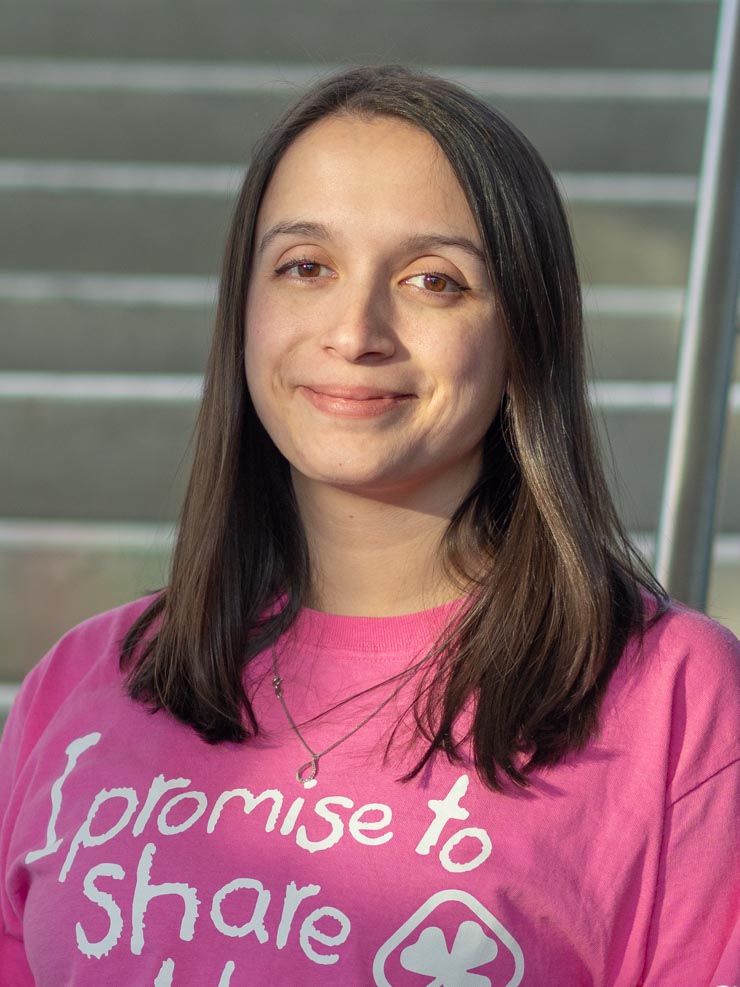
My research aims to understand the role of recurrent cis-regulatory mutations in mantle cell lymphoma (MCL). Specifically, I am characterizing a potential role for alternative splicing in the progression of MCL. This work uses a variety of molecular biology tools and bioinformatic approaches to determine how mutations in RNA binding proteins affect in vitro cell behaviour. I am a passionate advocate for equity, diversity, and inclusion and enjoy communicating science to kids and adults alike.





-
Haya Shaalan, MSc Student
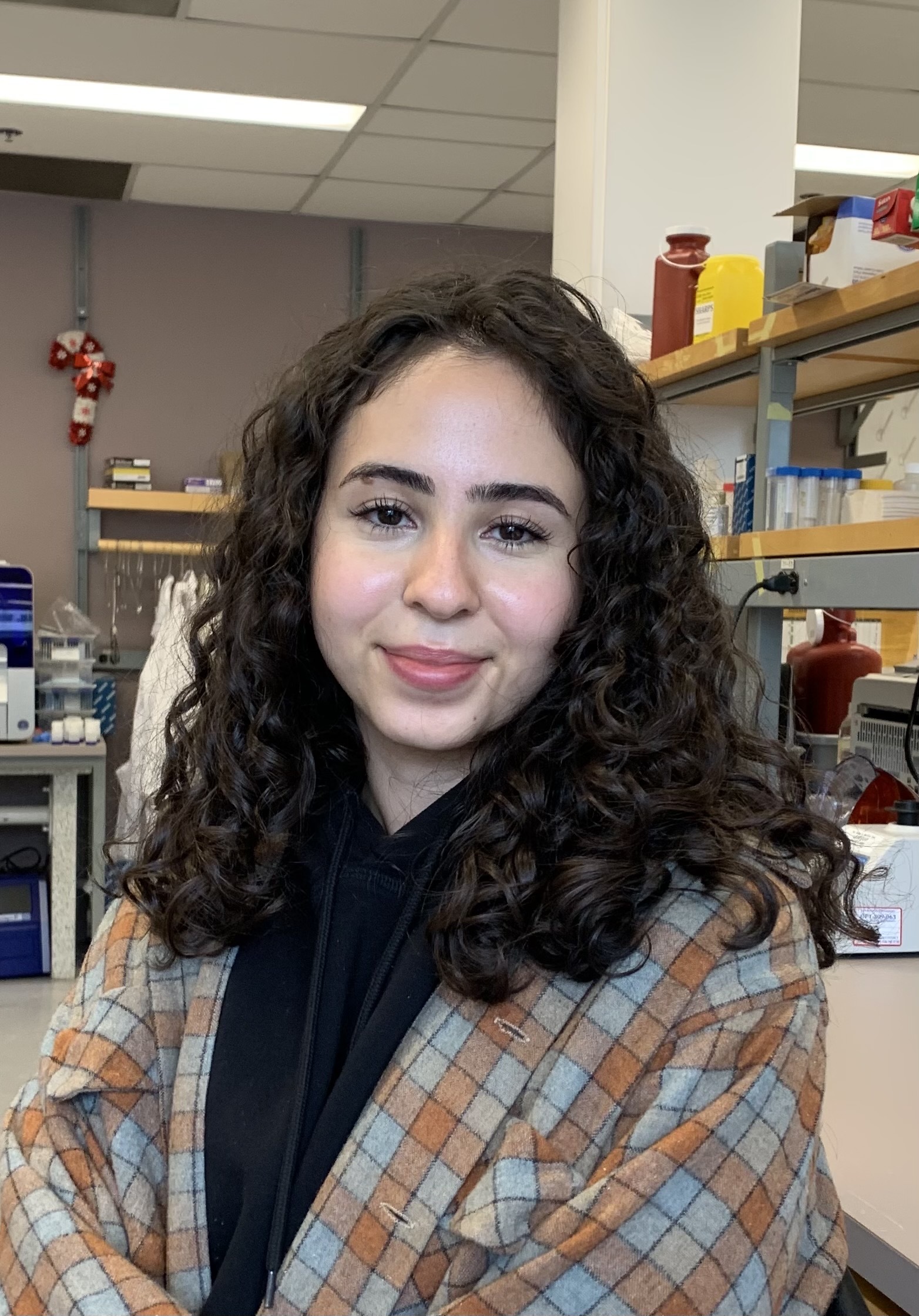
I work on implementing and improving pipelines for our Genomic Analysis of Mature B-cell Lymphoma project. I’ve taken an interest in incorporating promethION long-read sequencing data into this project to perform various analyses exploring copy number variation, simple somatic mutations, and structural variation patterns. PromethION sequencing has certain advantages over short read sequencing in that it provides a more comprehensive view on structural variant discovery and informs on methylation state. We hope that the addition of promethION data will consolidate previous findings, as well as provide further insight to the genomic landscape of this disease.

-
Dr. Kostiantyn Dreval, Research Associate
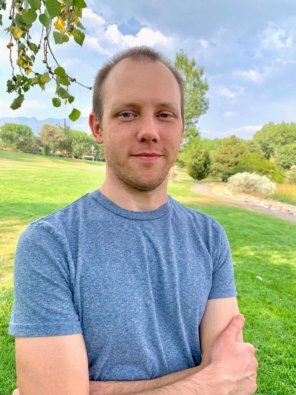
I obtained PhD in 2014, following which I received comprehensive training at FDA-NCTR and University of New Mexico. During my career, I conducted original research in the area of cancer epigenomics and transcriptomics. While performing basic research in cancer biology and epigenetics, I became passionate about scientific discoveries in the area of bioinformatics and computational biology. In the Morin lab, I am applying a variety of bioinformatics tools to uncover genomic features of Burkitt lymphoma, a form of aggressive B-cell non-Hodgkin lymphoma. Specifically, my research is focused on comparing the genomic and molecular characteristics of adult and pediatric BL, Epstein-Barr virus (EBV) positive and negative BL, as well as endemic and sporadic cases, which will allow better diagnosis approaches and will ultimately facilitate development of more effective treatment strategies.

-
Jasper Wong, Bioinformatician
Rare aggressive extra-nodal diffuse large B-cell lymphoma (DLBCL) remains unresponsive to standard treatments and has a poor prognosis. My projects aim to genetically characterize these extra-nodal lymphomas to better understand potential mechanisms driving their pathologies. One project involves investigating primary extranodal DLBCLs (specifically primary DLBCL in the testes and CNS), and understanding biological distinctions that separate these extranodal DLBCLs compared to their nodal counterparts, and to examine factors that promote their progression. The other project involves examining plasmablastic lymphoma, a disease typically involving immunocompromised individuals. Because of the rarity of this disease, very few studies have been able to examine the genomic landscape of this disease in depth. Coming from an epigenetics background, I have a particular interest in understanding the dynamics between the genome and epigenome in cancer.


-
Sierra Gillis, Research Assistant

I'm part of the Morin Lab to provide bioinfomatic support. I enjoy building pipelines for variant analyses, getting curious about Next-Generation Sequencing and alignment, and applying new techniques to investigate ctDNA. I hope to further my collaborative programming skills while doing so.

-
Dr. Vladimir Souza, Computational Biologist
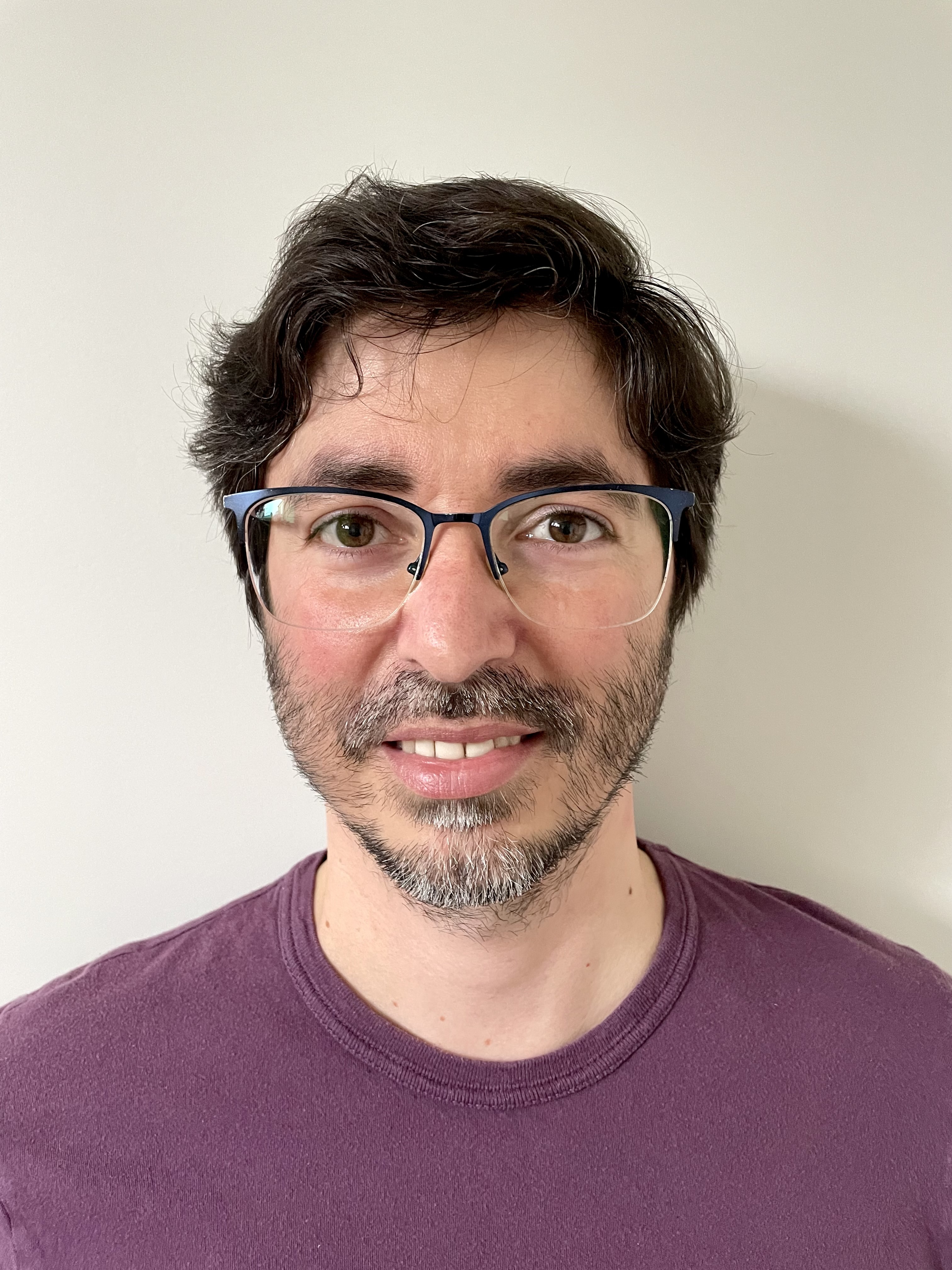
I have a background in Biology (BSc), Applied Statistics (MSc) and Bioinformatics (PhD). Now I am a computational biologist in the Ryan Morin Lab and am contributing to the development of the R package called GAMBLR. I developed an interest in B-cell lymphoma analysis. In my free time, I like outdoor activities like riding my bike and going to the park.

-
Dr. Kurt Yakimovich, Bioinformatician (data cowboy)
I got my PhD studying microbial diversity snow algae blooms in the mountains around Vancouver, and named a couple algae species along the way (I will talk your ear off about it). While I miss tracking water bears through the mountains, after grad school I decided that humans are almost just as cool as algae, and so I dove into the wonderfully complicated and whacky world of cancer. I worked as a bioinformatician for two years at the now defunct Imagia-Canexia health developing and clinically validating targeted cancer diagnostic NGS panels (both PCR and capture based), using circulating tumour DNA. I have now joined the Morin Lab to further my experience working with ctDNA by exploring/supporting the work looking at its prognostic value in DLBCL patients who have relapsed.

-
Malki Wijesinghe, MSc student
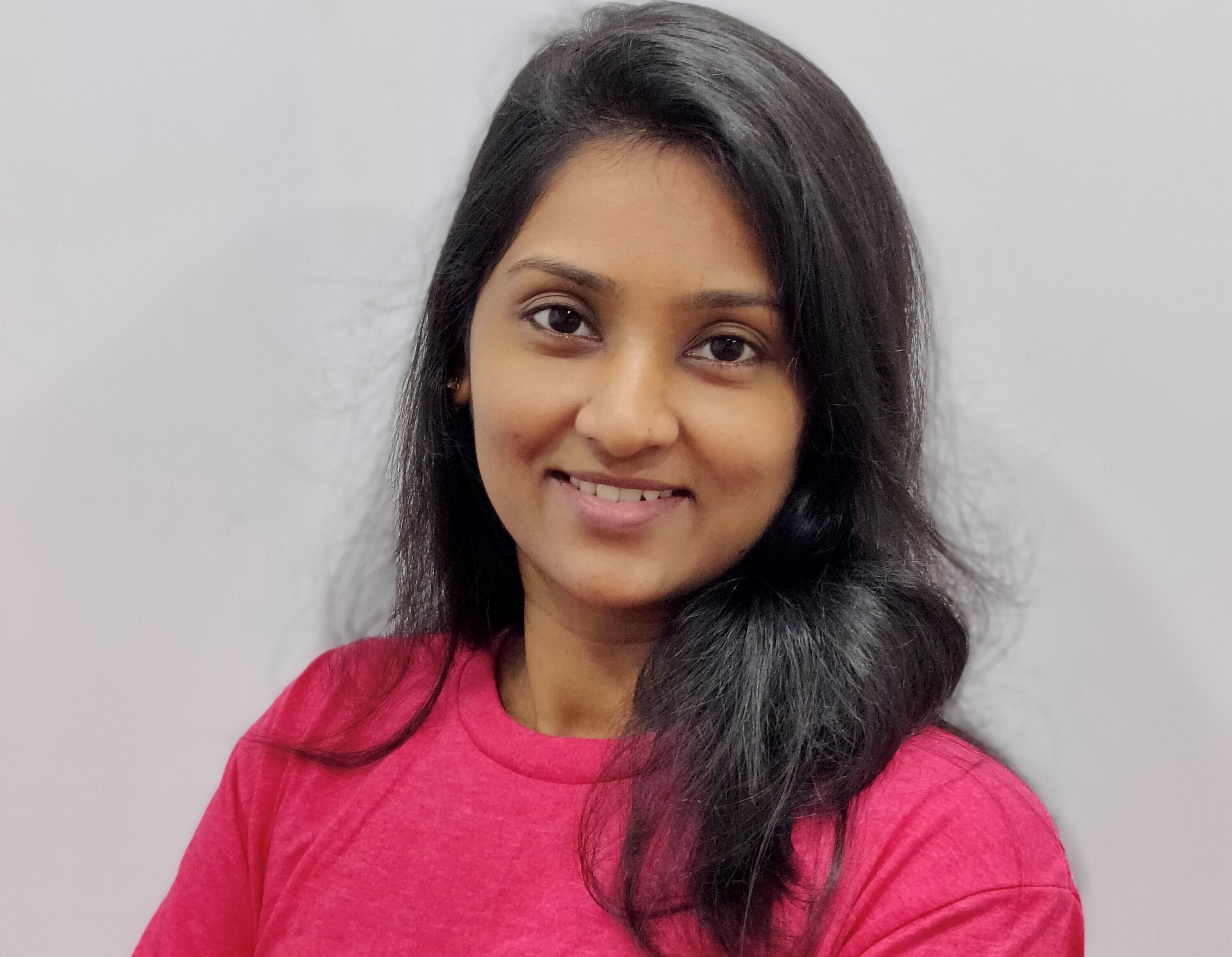
I'm a Statistics graduate with an interest in developing machine learning algorithms to address biological problems in high-dimensional settings. Currently, my focus is on the development of an advanced predictive machine learning model specifically tailored for classifying main genetic subtypes, DLBCL, FL, BL, and MCL within B-cell lymphoma incorporating cell of origin details, while uncovering new subtypes. I have initiated the development using RNA-Seq data with an underlying vision to expand into a multi-omic approach for a more comprehensive understanding of the biological landscape.

-
Rachel LaFrance, Undergraduate student

I'm a 4th year Molecular Biology and Biochemistry undergrad student in my final semester. Last year, I did a co-op at STEMCELL Technologies in RND on the Pluripotent Stem Cell team. I gained on-the-bench experience, including techniques like flow cytometry. After returning to SFU in the fall, I took Dr. Morin's bioinformatics class and became interested in his research. I am completing a Genomics certificate by working on this directed research project. My current focus is developing a Python script to leverage mutational information from scATAC-seq data.

-
Houman Layegh Mirhosseini, Undergraduate student
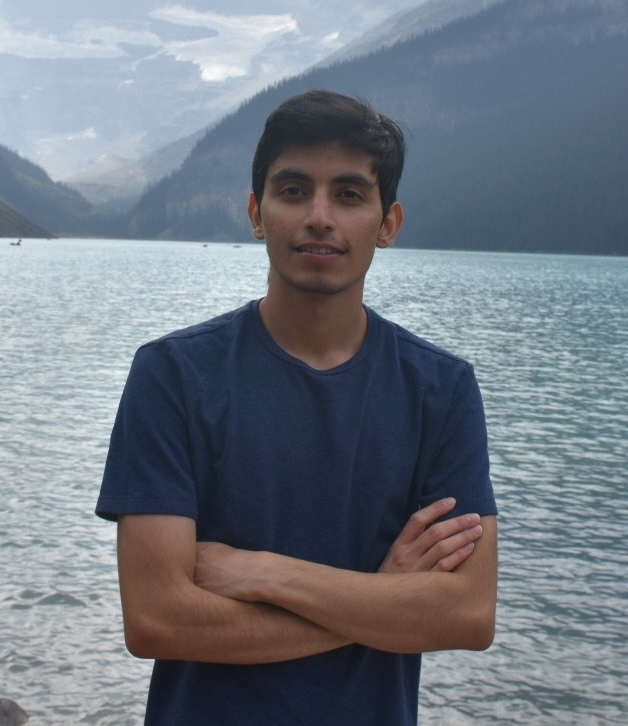
I'm thrilled to be a part of the MORIN Lab's bioinformatic team, where I get to have some fun building functions for the GAMBLR package. My main gig involves working on functions that make analyzing raw data a bit easier. Lately, I've been diving into the world of pyGAMBL, working on an API system to offer an interface for GAMBL results. It's a work in progress, but I'm eager to contribute my part to making data analysis more user-friendly. Grateful for the opportunity to learn and grow with such an amazing team!

-
Callum Brown, Undergraduate student
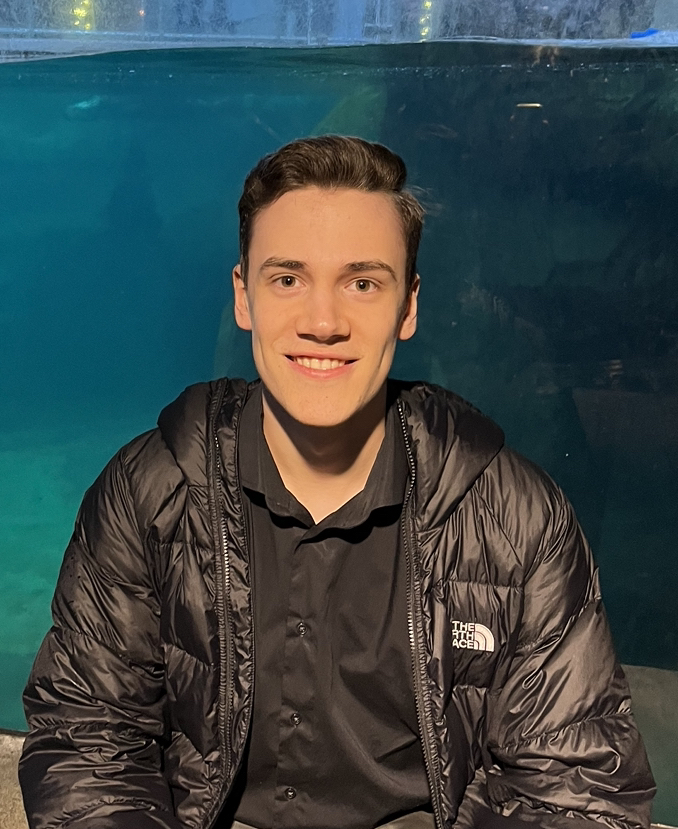
I am a 4th year student in Molecular Biology and Biochemistry at SFU, and I have been a member of the Morin Lab team for 8 months. Most of my work has been focused on cloning DNA constructs that we use to study mutations in RNA binding proteins, as well as assisting other members of the wet lab with their research. I plan to continue my research in the Morin Lab by beginning grad school later this year.

-
Manuela Cruz, MSc student

I perform various computational analyses to assist in the classification of driver genes within Non-Hodgkin’s Lymphoma. By using computational methods designed to recognize recurrently mutated elements, it is possible to identify mutational hotspots within genes of interest. Hotspots, or genomic regions that contain a higher density of mutations than would be expected, can be recognized by analyzing the linear genomic sequence or the 3D structure of the expressed protein. 3D structure-based methods can supplement driver gene discovery by identifying regions in the tertiary structure that may mediate protein function and cell survival. I employ both types of methods for hotspot identification and driver gene discovery.
-
Quratulain Qureshi, Research Technician!

I am a recent MSc. graduate, co-supervisored by Drs. Ryan Morin and Tim Audas. My research focuses on the impact of dysregulated RNA-binding proteins on the transcriptome of B-cell lymphomas, with a specific emphasis on understanding how these alterations influence the expression of lymphoma drivers. To address these questions comprehensively, I employ a dual approach, combining cell and molecular biology techniques with bioinformatics methods. Additionally, I have a special interest in science communication, aiming to make research more accessible and engaging for a wider audience.
-
Prasath Pararajalingam, PhD Student
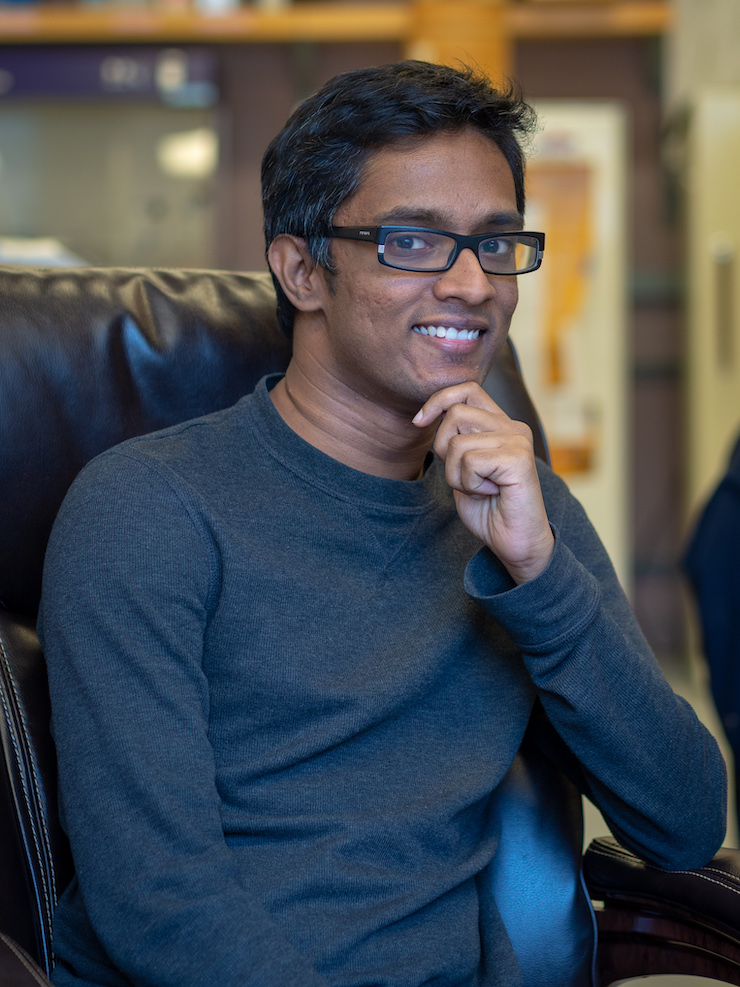
My PhD project has me exploring the molecular aetiology of mantle cell lymphoma (MCL) using a combination of data types and a variety of bioinformatic techniques. My analysis of the mutational landscape of MCL has revealed an enrichment of mutations in splicing factors and RNA-binding proteins. Currently, I am investigating deregulation of non-coding elements using a large dataset of WGS and RNA-seq MCL tumours.

-
Nicole Thomas, PhD Student
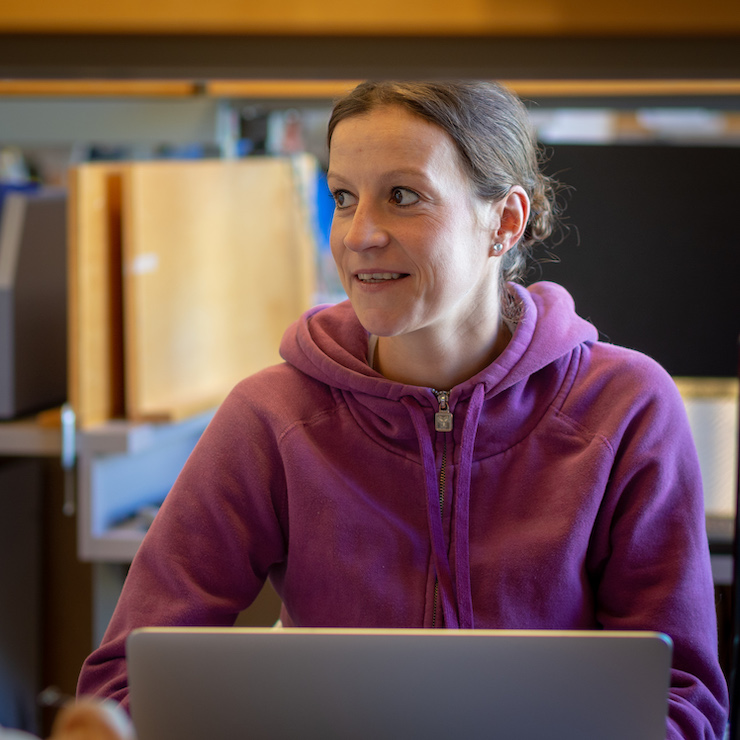
I completed my Honours Project in the Morin lab, during which I investigated the role of putative enhancers in Mantle Cell Lymphoma. My current role in the lab involves the mining of RNA-Seq data to identify unique gene expression patterns present in Non-Hodgkin’s Lymphoma. Currently, I am using RNA-Seq data, in conjunction with Whole Genome Sequencing data, to identify mutations and single nucleotide polymorphisms that affect the alternative splicing of RNA transcripts.

-
Kristena Daley, MSc Student
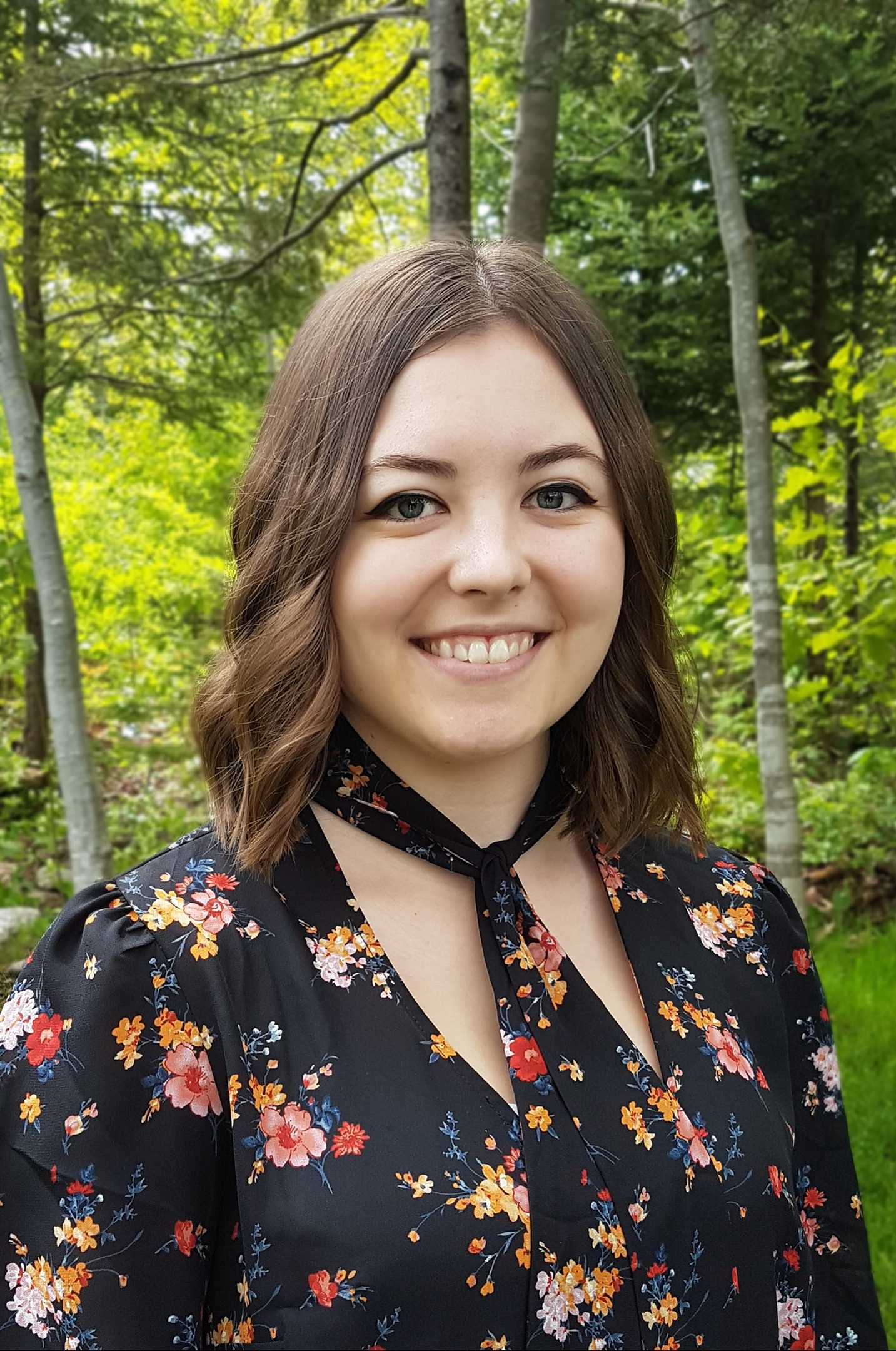
I received my BSc in biology in 2019, with my honours thesis focusing on the assembly and annotation of the Atlantic deep-sea scallop transcriptome in order to determine differential gene expression in populations across Atlantic Canada. In the Morin lab, I am currently researching circulating tumor DNA (ctDNA) in various Non-Hodgkin’s lymphoma subtypes to identify mutation- and progression-based trends. My project aims to infer genome-wide methylation of Burkitt lymphoma (BL) and diffuse large B-cell lymphoma (DLBCL), as well as explore the benefits and drawbacks of common ctDNA quantification strategies for both BL and DLBCL patients across Canada.
-
Ryan Riley, Bioinformatician
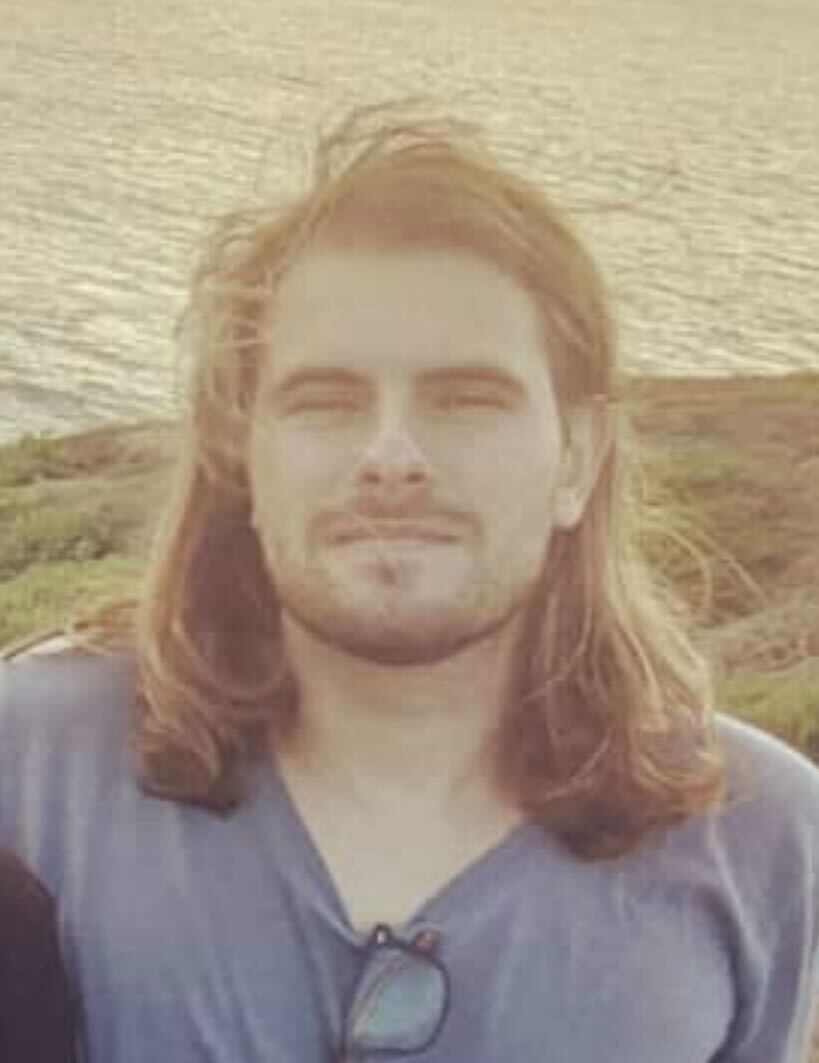
I obtained my MSc in the Gregg Morin lab co-supervised by Ryan Morin and now I am working in Ryan Morin's lab co-supervised by Gregg Morin. My lab "claim to fame" is that my hair length exceeds the combined hair length of all the other Ryans and Morins. My interests include long walks on windy beaches at sunset, mantle cell lymphoma and proteomics.
-
Dr. Elie Ritch, Bioinformatician
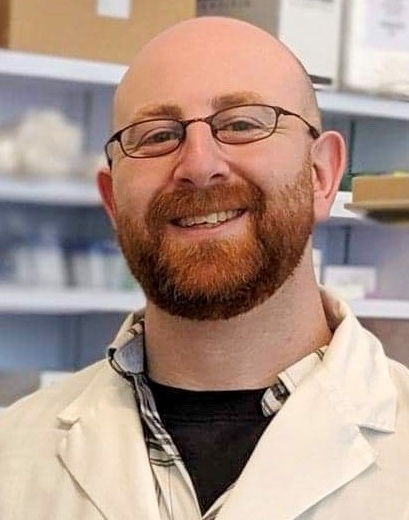
I started my journey into bioinformatics and genomics in the Morin lab and here I am again after completing my PhD. It's just that fun!
-
Carl-Adam Mattsson, Research Programmer

With an MSc. in Bioinformatics (UBC) I work as a Research Programmer, focusing on improving existing bioinformatic and computational infrastructure as well as the development and design of novel bioinformatic pipelines connected to Mature B-cell Lymphoma research facilitated by the Morin lab. With a background in cytogenetics and medical genetics, I am very interested in linking rare genetic variation to cancer predisposition and allowing for improved and effective treatment decisions in cancer.

-
Prince Kumar Lat, Volunteer

I completed my B.Tech in Bioengineering from IIT Kanpur, India in 2015. I did my B.Tech project at two different labs. First, at Max-Planck Institute, Germany I developed molecular biology techniques to study circular RNA. Second, at IIT Kanpur, where I applied computational tools to study olfactory receptor mechanism in Drosophila. I completed my PhD at Simon Fraser University in 2021, studying in-depth chemistry and biophysics of nucleic acids, including DNA/RNA catalysis and DNA nanotechnology. Towards the end of my PhD, I developed keen interest in applying machine learning models to solve biological problems. In the Morin lab, I aim to deploy robust classification and clustering models to enhance the current understanding on poorly classified B-cell lymphomas.

-
Dr. Christopher Rushton, PhD Student
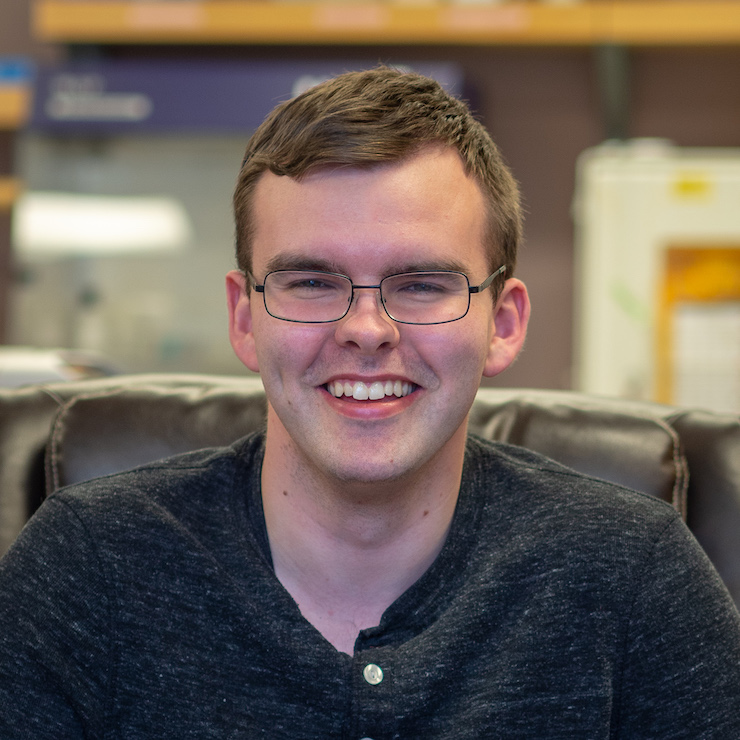
My research project focuses on identifying mutations in patients with relapsed Diffuse Large B-Cell Lymphoma; specifically, the analysis of liquid biopsies obtained from these patients. As cells undergo apoptosis, apoptotic bodies containing DNA are released into the bloodstream, and this DNA is called cell-free DNA. In patients with cancer, a portion of this cell-free DNA originates from malignant cells, termed circulating-tumour DNA. Thus, we can obtain tumour genetic material simply by obtaining a blood sample (called a liquid biopsy), which is less invasive and significantly cheaper than traditional biopsies. Due to the unique nature of liquid biopsies, I am currently developing several pieces of software for analyzing and benchmarking existing mutation-calling tools for use with these types of samples. I am applying these tools to samples collected from several clinical trials where liquid biopsies are collected after patients are treated. By comparing the mutation landscape of these patients prior to and following treatment, we identify mutations enriched following treatment, which may contribute to tumour treatment resistance.

-
Jeffrey Tang, MSc Student
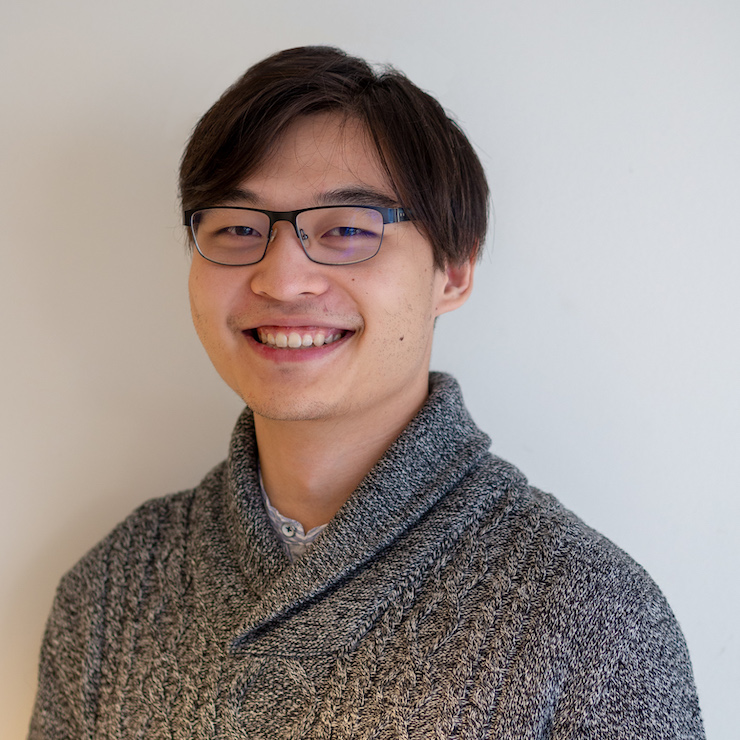
Recent studies have identified 4 or 5 genetic subgroups in DLBCL, which present a novel method of classification for alternative treatment strategies. My project aims to expand on classifying these subgroups in DLBCL using a machine learning approaches utilizing molecular indicators such as mutation status from a set of genes and hot spots, copy number status and cell-of-origin. I hope to consolidate subtypes from these studies as well as to capture novel groups to better describe clinical heterogeneity in DLBCL.

-
Leah Tooman, Research Assistant
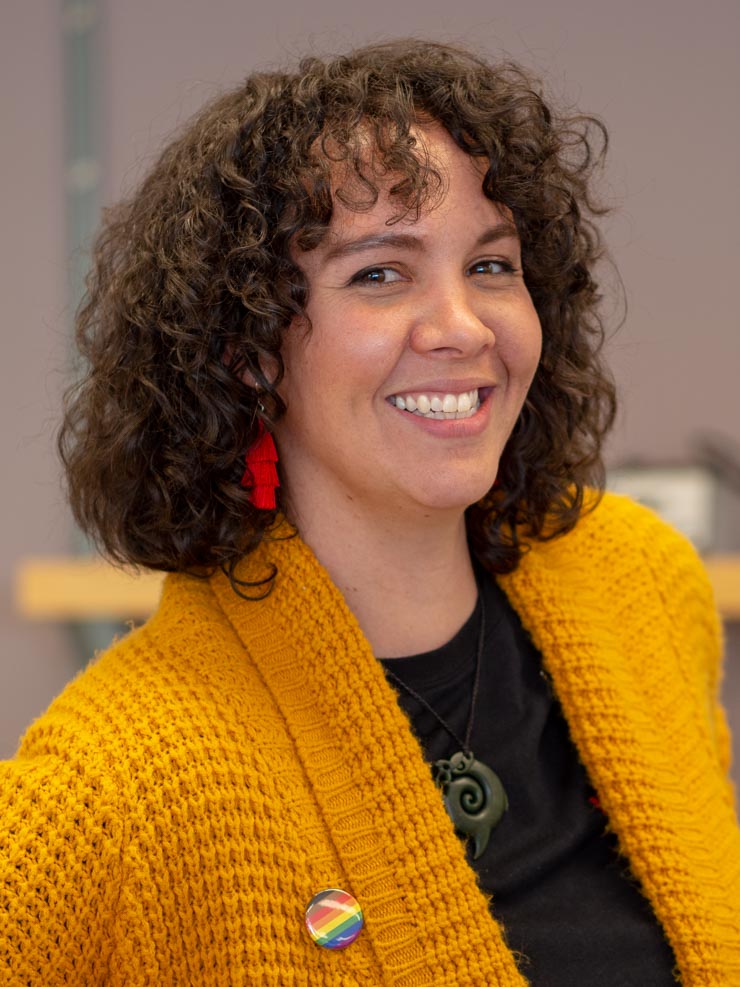
My role in the Morin Lab is to support the research that is being conducted by our students and postdoctoral fellows through sequencing and cell culture work. I am also responsible for monitoring and maintaining supplies and equipment, conducting research, and ensuring the lab is maintaining high ethical standards . I have been working in a similar position in different genetics based labs in Canada, New Zealand and the United States for over a decade. As passionate as I am about the field of science, I wish it was equally accessible to people of all genders and ethnicities, and from all socioeconomic backgrounds.
-
Dr. Bruno Grande, Postdoctoral fellow, former PhD student
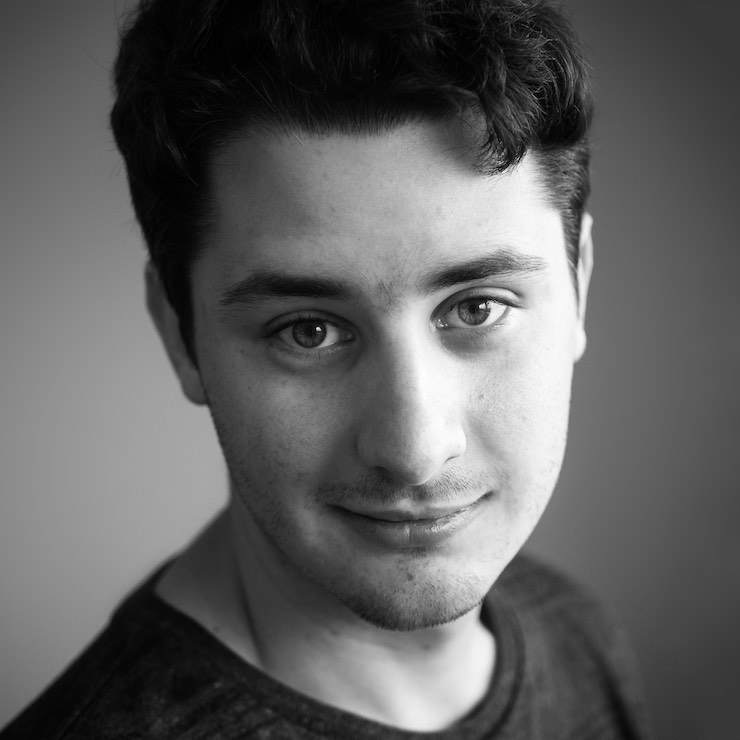
As the first bioinformatics graduate student in the lab, I've played a role in several projects, each involving cancer genomics to some degree. Currently, my primary project is the genetic and molecular characterization of paediatric Burkitt lymphoma (BL). Defined by an epidemiological association with the Epstein–Barr virus and malaria, the endemic variant of BL has been understudied compared to sporadic BL, which is diagnosed in developed countries. I lead the analysis of whole genome and transcriptome sequencing data derived from over 100 cases, which has led to breakthroughs in our understanding of BL pathogenesis. On the side, I'm an advocate for open and reproducible science, a Software Carpentry instructor teaching programming to researchers, and the co-founder of the Scientific Programming Study Group at SFU (SciProg.ca) and the annual Hackseq genomics hackathon.




-
Dr. Sarah Arthur, Postdoctoral Fellow (former PhD student)
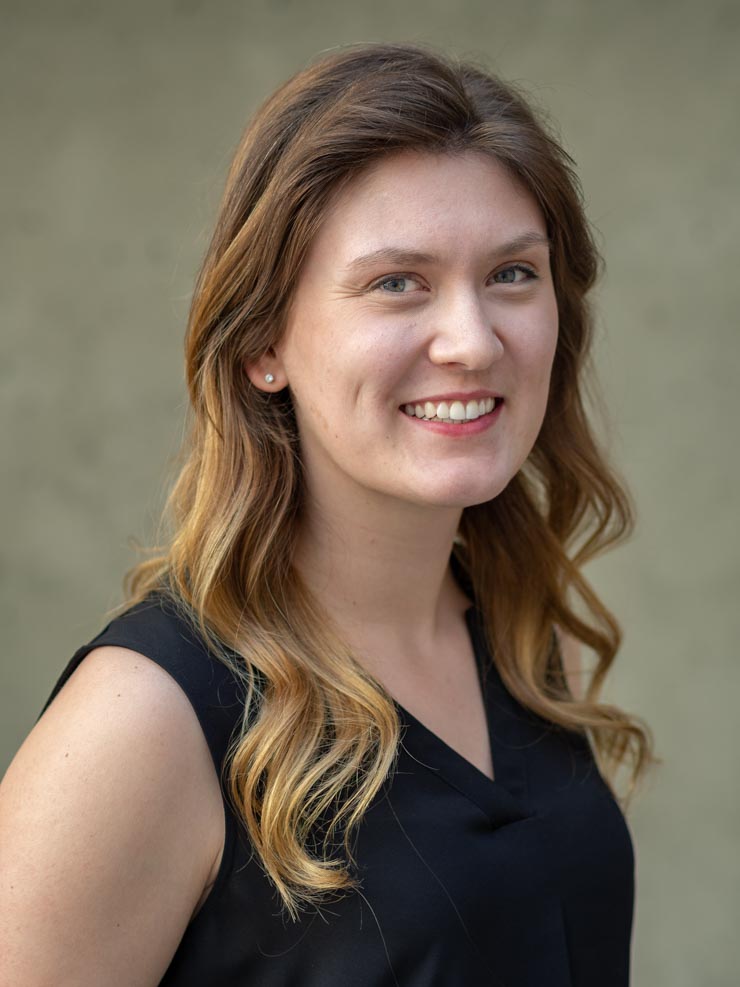
My project in the lab is focused on the characterization of novel NFKBIZ 3’ UTR mutations we previously discovered in DLBCL. These mutations were discovered through a project searching for genome-wide non-coding mutations and found to be significantly enriched in the ABC sub-type of DLBCL. My research involves functional analysis of these mutations in DLBCL cell lines and in vivo mouse xenograft models to determine how these mutations lead to activation of the NF-kB pathway and contribute to DLBCL. I am also working to determine the structure of the NFKBIZ 3’ UTR and how mutations lead to changes that affect the regulation of this gene.
-
Dr. Miguel Alcaide, Research Associate
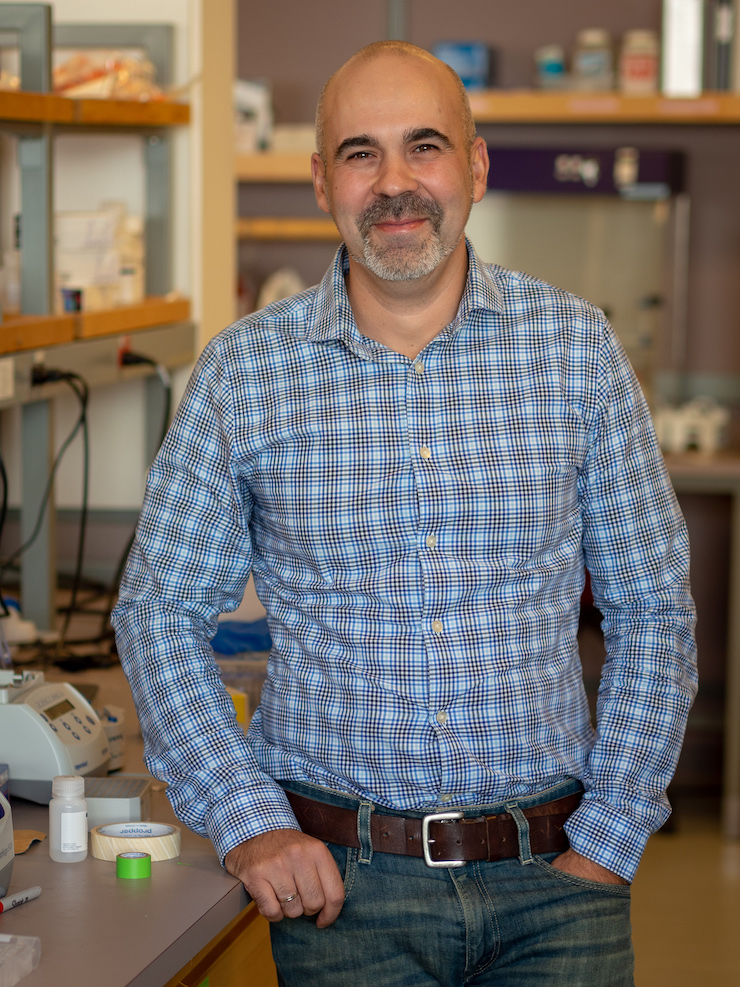
My main role at the Morin lab focuses on the development and implementation of assays with potential utility in the genetic stratification, non-invasive monitoring and management of cancer patients. We have developed assays relying on targeted hybridization capture followed by high throughput sequencing as well as assays relying on droplet digital PCR (ddPCR). I am particularly interested in the development and optimization of molecular techinques for the ultrasensitive and straightforward detection of tumour-derived DNA fragments. Detection and quantification of circulating tumour DNA (ctDNA) via duplex sequencing with semi-degenerate barcoded adapters and the use of wild-type specific hydrolysis probes (“inverted” ddPCR) to detect multiple recurrent somatic mutations of clinical relevance are amongst my main contributions into this growing area of research. Currently, I am involved in different projects related to the genetic characterization of different types of Non-Hodgkin Lymphoma, and the detection, quantification and serial monitoring of ctDNA in cancer patients, including those enrolled in the personalized oncogenomics project (POG). We are also starting to apply our error-correction duplex sequencing approach for the sequencing of ancient DNA, including archaeological specimens of both pacific salmons and woolly dogs.


-
Aixiang Jiang, Biostatistician
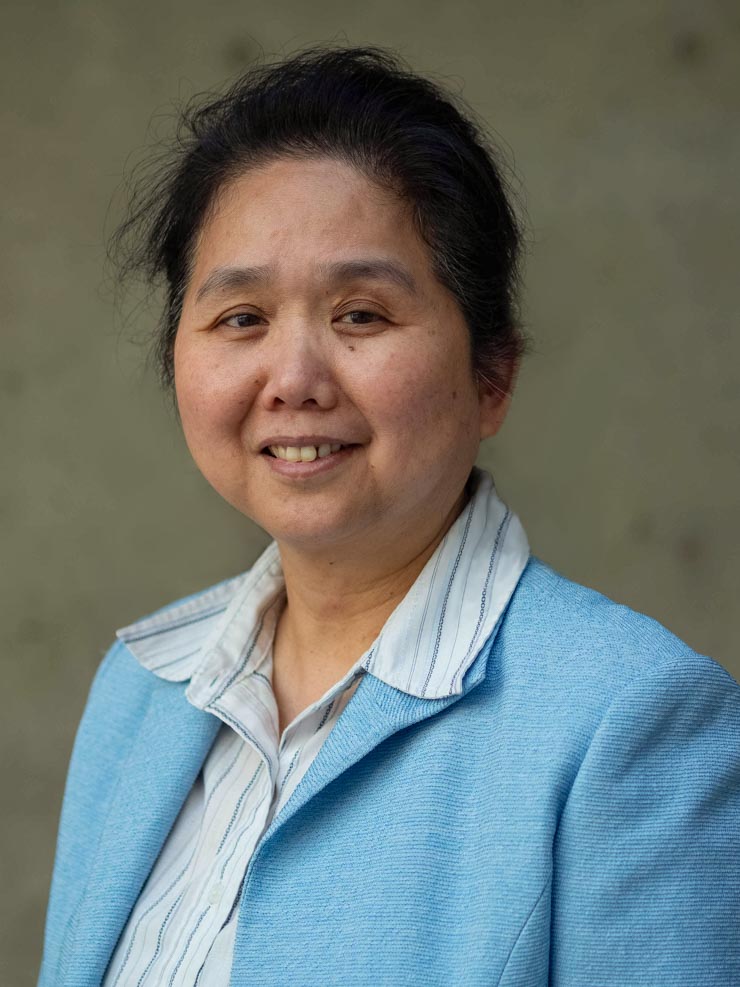
I am a statistician and a bioinformatician at times. Although I had several years' experience in a molecular biology lab and did tissue/cell culture, DNA and RNA isolation, real-time PCR, quantitative and qualitative reverse transcriptase PCR (RT-PCR), cloning, western blots, southern blots, yeast 2-hybrid (Y2H) assay, microarray, even manually sequencing and so on; I have been focusing on statistical analysis since 2002. My daily work involves data analysis, statistical consulting, and of course statistical programming. My research interesting, however, is to develop customized statistical algorithms to solve biological researches problems, especially for high dimensional data. My recent researches are to identify mutation peaks/ranges and build up new classification models that can be transformed to different data sets and even different platforms.

-
Shaghayegh Soudi, Postdoctoral Fellow
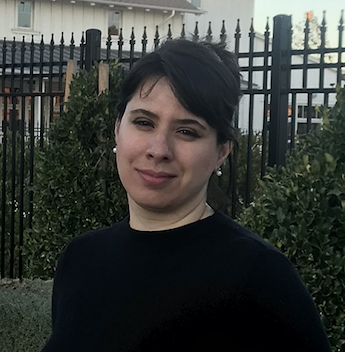
I earned my PhD in Evolutionary Biology from Germany. Before joining the Morin lab in January 2021, I was a postdoc at university of California-Davis and UBC-University of Calgary working on understanding the genomic bases of adaptation and convergent evolution. Cancers evolve by a reiterative process of clonal expansion, genetic diversification and clonal selection within the adaptive landscapes of tissue ecosystems. The dynamics are complex, with highly variable patterns of genetic diversity and resulting clonal architecture which are closely related to cancer progression, resistance to therapy, and recurrences,therefore, our better understanding of the evolutionary landscape in cancer can help to develop advanced treatments matching appropriately selected molecular targets. My main interest is to apply evolutionary genomics tools to understand intra-tumour heterogeneity across multiple non-Hodgkin Lymphomas and to reconstruct their evolutionary history as part of the Pan-cancer analysis of B-cell lymphomas using whole-genome sequencing data. These analyses will eventually allow us to reveal the timing of specific genomic aberrations and changing mutational process over the course of cancer evolution.
-
Krishanna Campbell, Undergraduate researcher
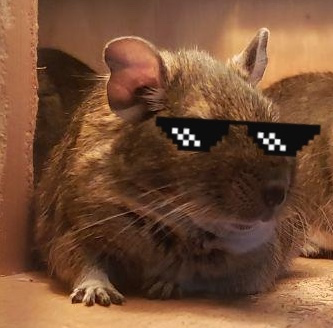
I am an undergraduate student in MBB at SFU and a long-term volunteer with the lab. My duties include the routine processing of blood samples to isolate plasma and cell pellet for later analysis ( eg. Circulating tumor DNA) along with purification of the cell-free DNA from plasmas utilizing the MagMax cell-free DNA isolation kit and subsequent procedures. I also assist in the canine B-cell lymphoma project specifically in the wet lab setting. I have a complete obsession with anything to do with animals and currently volunteer at a veterinary hospital. I plan to study veterinary medicine after completing my BSc.
-
Matt Cheung, Undergraduate researcher
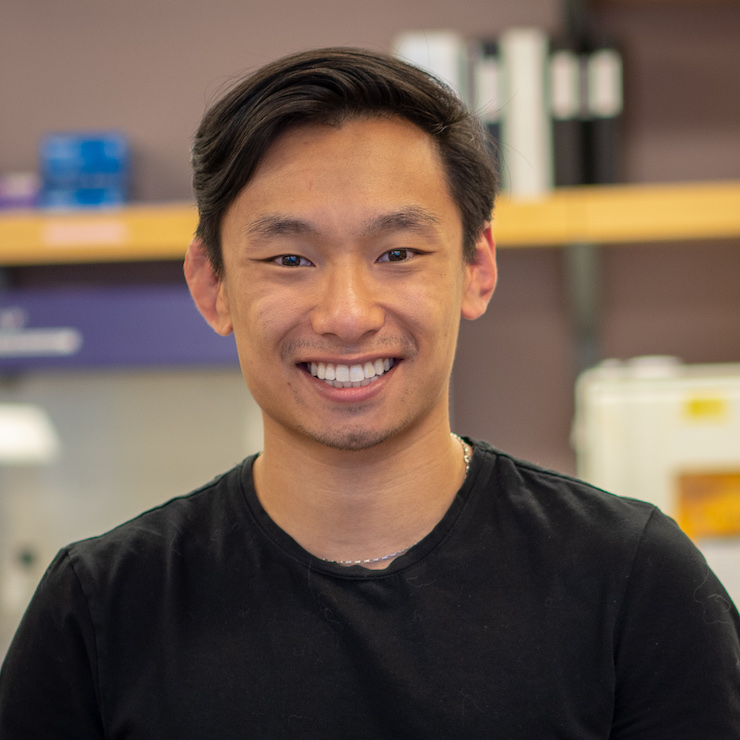
-
Matthew Nguyen, Undergraduate bioinformatician (NSERC USRA)
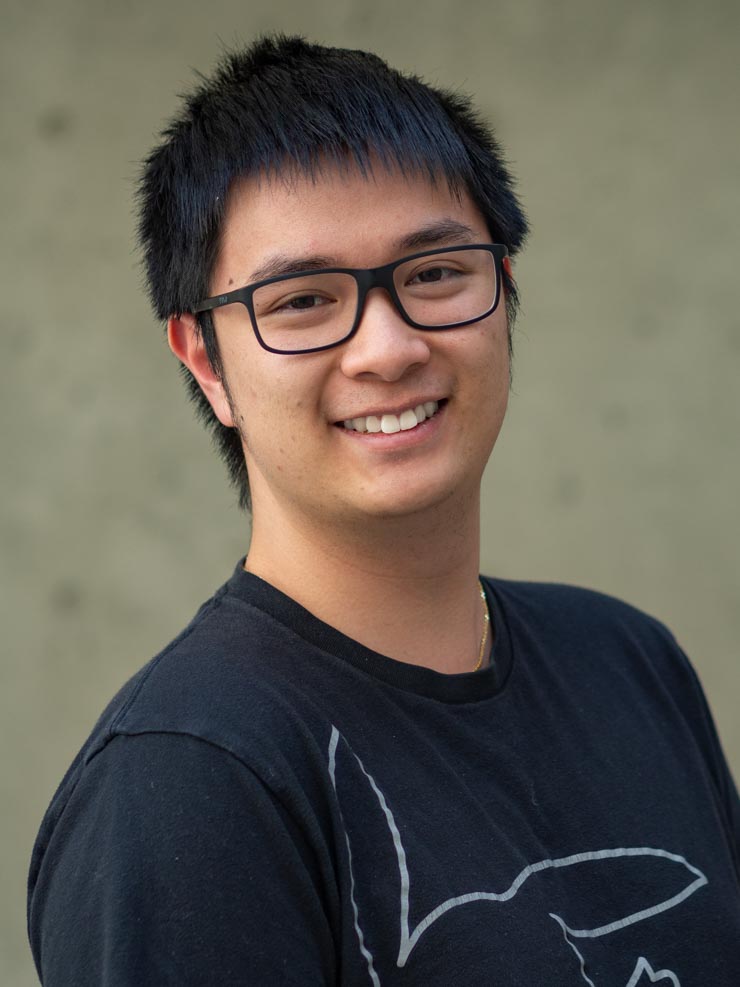
My project focuses on using machine learning to detect and filter sequencing artifacts in formalin-fixed paraffin embedded (FFPE) tissues. This will enable more robust variant calling in FFPE tumours which remains a major limitation in the transition from fresh frozen tissues. I am also using interpretable machine learning approaches to classify subtypes of Non-Hodgkin's Lymphomas.

-
Jack Hillman, Undergraduate researcher (NSERC USRA)
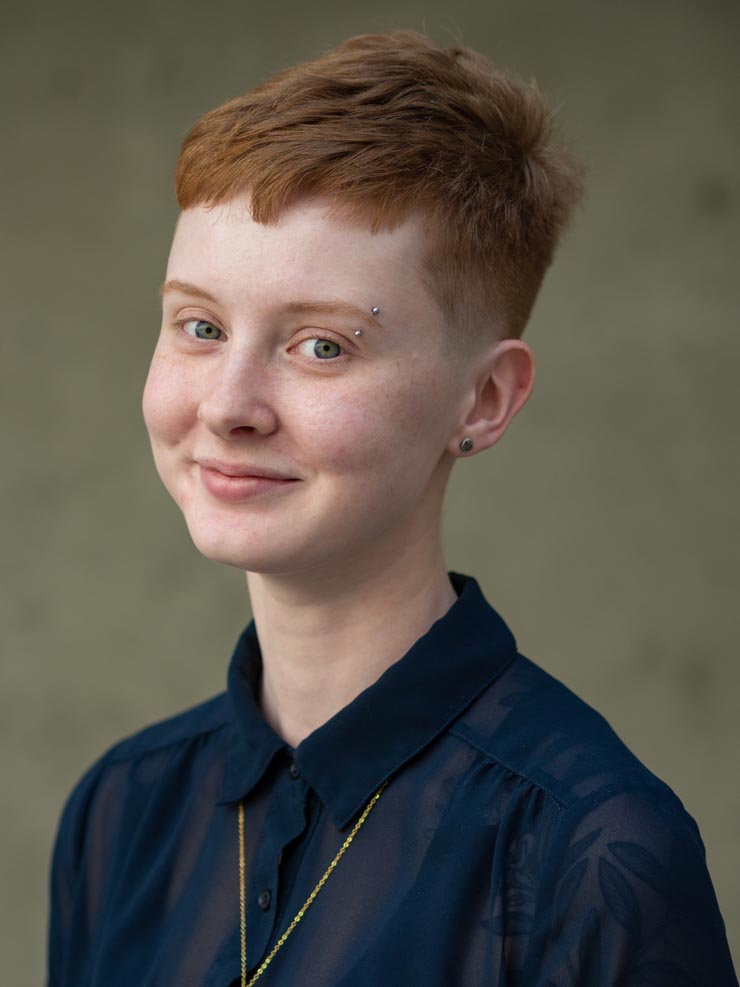
I assist with a variety of ongoing projects in the lab. I am currently performing hybridization capture to sequence several lymphoma-related genes in human and canine tumour samples.
-
Tony Ngo, Undergraduate researcher
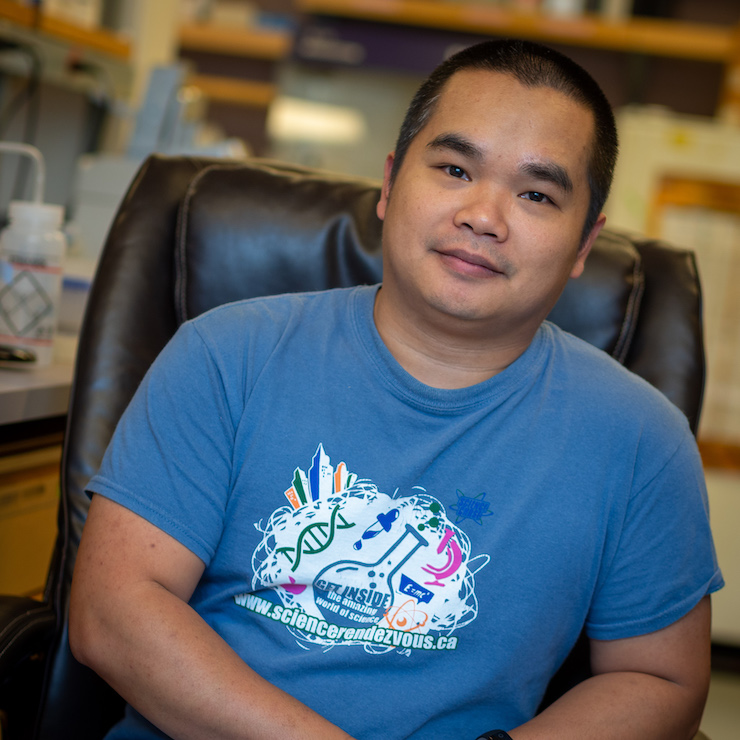
I am an undergraduate student completing a BSc in MBB and joined the laboratory after completing MBB 342. My honors project in the Morin lab focuses on the Fc-gamma receptor locus and the relationship between common germline copy number alterations and non-Hodgkin lymphoma. I am using custom multiplex droplet digital PCR assays to determine the copy number state of five genes in this locus across large cohorts of cases and controls.
-
Stephen Yu, MSc Student
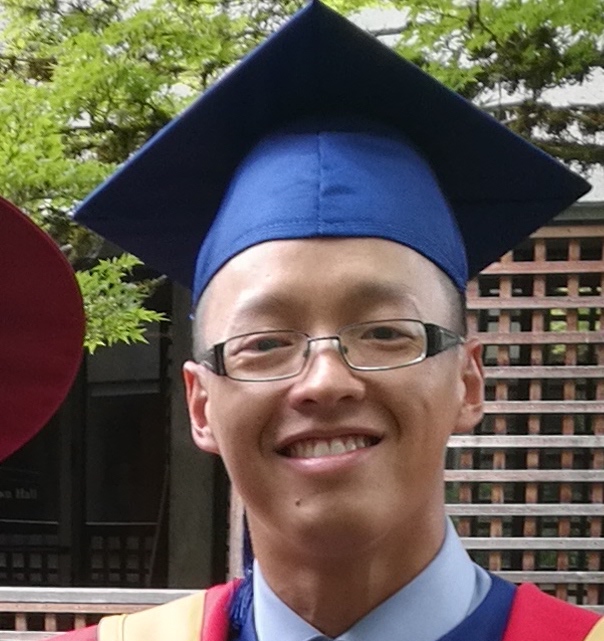
Circulating tumour DNA (ctDNA) is rapidly becoming adopted as a sensitive biomarker for non-invasive monitoring of treatment response in many cancer types. Stephen's work helped to establish and validate numerous assays for quantifying ctDNA in plasma from lymphoma patients based on common hot spot mutations in genes such as EZH2 and STAT6. These assays demonstrated prognostic utility of ctDNA in multiple clinical trials and helped describe patterns of clonal evolution in DLBCL.
-
Kevin Bushell, MSc Student
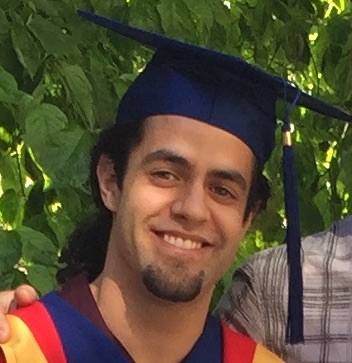
Lymphoma is the most common cancer affecting pet dogs. Kevin used genomic techniques to identify mutations involved in lymphomagenesis in canine B-cell lymphoma. His work identified TRAF3 as one of the most commonly mutated genes in this cancer. Kevin also studied the potential utility of ctDNA in a variety of human cancers using several techniques including the OnTarget system from Boreal Genomics. He joined the laboratory full-time after graduating and has since transitioned to law school.

-
Arezoo Mohajeri, MSc Student
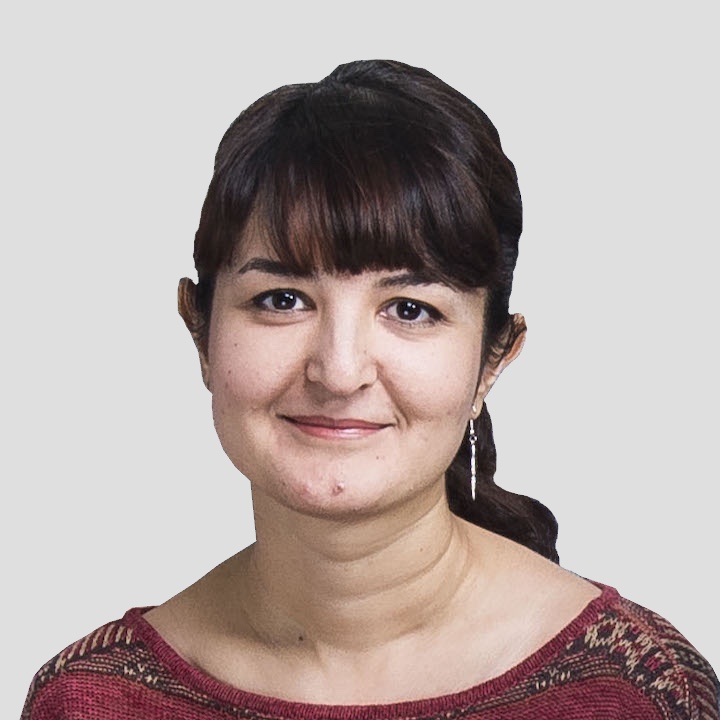
Arezoo generated and analyzed exome sequence data from diffuse large B-cell lymphoma (DLBCL) and mantle cell lymphoma (MCL) tumours. Her thesis project involved a combination of wet-lab work and bioinformatics including a meta-analysis of published and in-house exome data to identify new recurrently-mutated genes in MCL. Her discoveries a novel silent mutation hot spot in MAP3K14. She also demonstrated patterns of clonal evolution in relapsed DLBCL.

-
Romene Sablok, Undergraduate researcher

-
Jordan Davidson, Undergraduate researcher

-
Elie Ritch, Undergraduate bioinformatician

-
Sepideh Alamouti, Postdoctoral fellow

-
Dan Fornika, Research Assistant/Bioinformatician
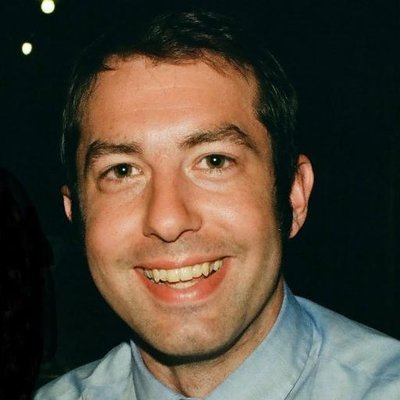

-
Selin Jessa, Undergraduate bioinformatician

-
Marco Albuquerque, Undergraduate bioinformatician


-
Kristina Aluzaite, Visiting Graduate Student

-
Stuart Zong, Research Assistant

